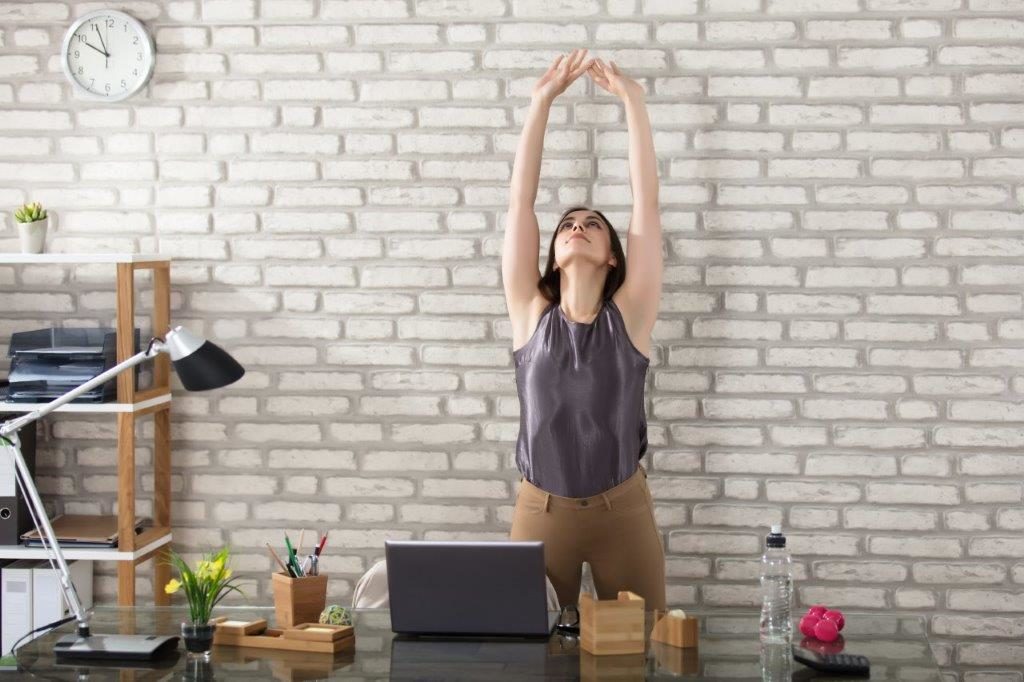
Great ways to make your house healthier
You might pay attention to your personal health, but how much thought do you give to the health of your home? Your house can have a huge impact on your overall wellbeing, in more immediately apparent ways such as in its cleanliness, and in less obvious ways, such as how it affects everything from your eating habits to your mental state.
Here, we take a look at some simple ways to keep your home — and by extension yourself — healthier.
Clean thoroughly
No home can be truly healthy unless it’s well maintained, which means regularly getting stuck into some cleaning. It’s best to make this part of your regular routine rather than blitzing your home every time the mess begins to get to you; if you find this hard, a simple list of chores can help you keep on track.
It’s worth being aware that different problems can strike at different times of year. For instance, in the winter it’s common to open the windows less and turn up the central heating, which makes an ideal environment for dust mites. As a result, thorough hoovering and the regular washing and airing of linen are all the more important.
Keep your home well-ventilated and well-lit
Fresh air is vital to health — and it’s just as important for your home as it is for you. Not only does good ventilation help keep pests like mites at bay, but it also helps prevent the development of damp and the growth of mould.
As well as welcoming fresh air into your home, you should try to get as much sunlight in as possible too. So, don’t leave any curtains drawn during the day, even if you’re not using the room, and if you do need additional light during the day, invest in daylight bulbs. Designed to simulate natural light, they can be a great mood booster in the winter months, when homes are often dark even during the day. This is a particularly good tip for anyone who studies or works at home, as it can help you feel less sluggish over the winter.
Declutter
It’s also well worth having a declutter every once in a while; it’s surprising just how good for your overall wellbeing this can be. A less cluttered house is not only easier to manage in terms of tidying and cleaning, but it can also be good for your mind. Indeed, getting rid of things you no longer need — whether it’s worn-out clothes or toiletries from two Christmasses ago that you never use — can be incredibly refreshing and give your overall mood a boost.
Stock up on healthy snacks
It’s not only how well we look after our homes that impacts our health, but also what we fill them with. Supermarket deals may make it tempting to stock up on biscuits and chocolate bars, but filling your home with indulgent treats is likely to mean those less healthy snacks feature too prominently in your diet.
So, take care to stock up your cupboards with healthy snacks. While there’s nothing wrong with the odd treat, if your home is well-stocked with nutritious alternatives — such as fruit and nuts — and not too much junk food, you’re more likely to make healthy choices overall.
Beat the busyness by making meals ahead
Your home can also help you stay healthy when you’re busy. For example, it can be hard to prepare nutritious meals when you have a hectic lifestyle. If you know you have a busy week coming up, prepare some meals in advance and stock up the freezer. This way, you won’t have to worry about cooking when you’re pressed for time, and you’ll be able to eat healthily without giving it a second thought.
Of course, you need to make sure you freeze and defrost food safely. For example, it’s best to thaw food in the fridge rather than on the kitchen counter to ensure it doesn’t get too warm. Plus, you should eat meals within one to two days of defrosting to prevent them from spoiling.
Invest in ways to keep fit at home
Another great tip for a healthy home is to work out a few fitness routines you can manage indoors — these are great for days when the weather is bad, or when you don’t have time to go to the gym. If you have the space and the money to do so, you could invest in some gym equipment, such as a treadmill, but you don’t have to go that far. For instance, you could buy a rebounder — a small trampoline designed for exercise — as these are low-cost and take up little space. Exercise-based computer games are another excellent alternative.




